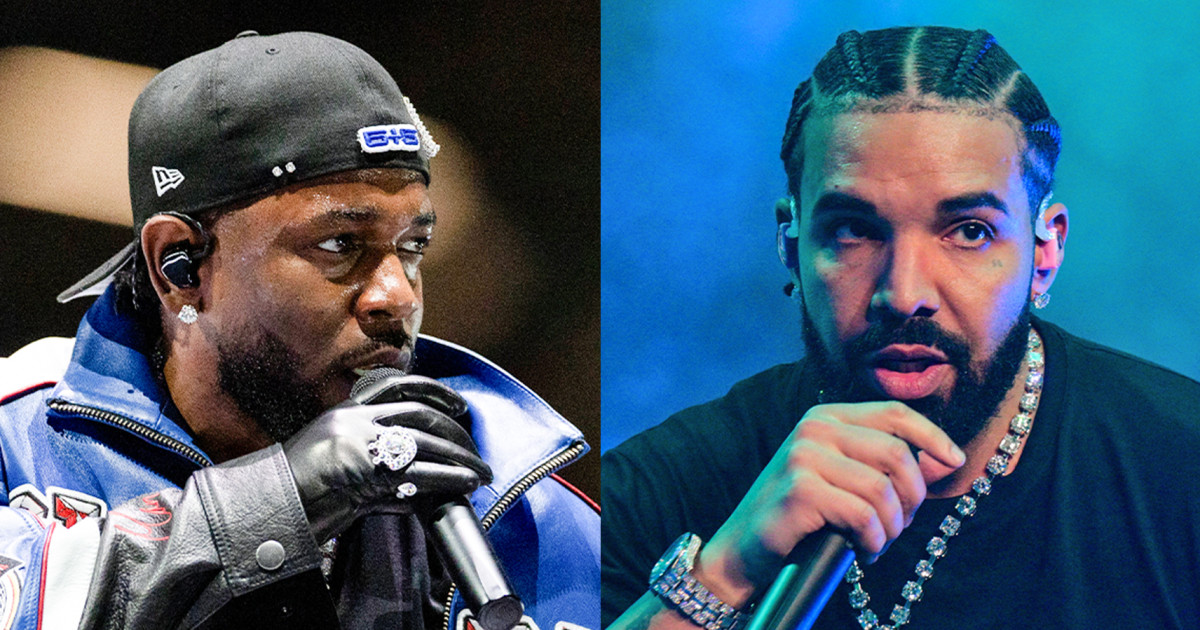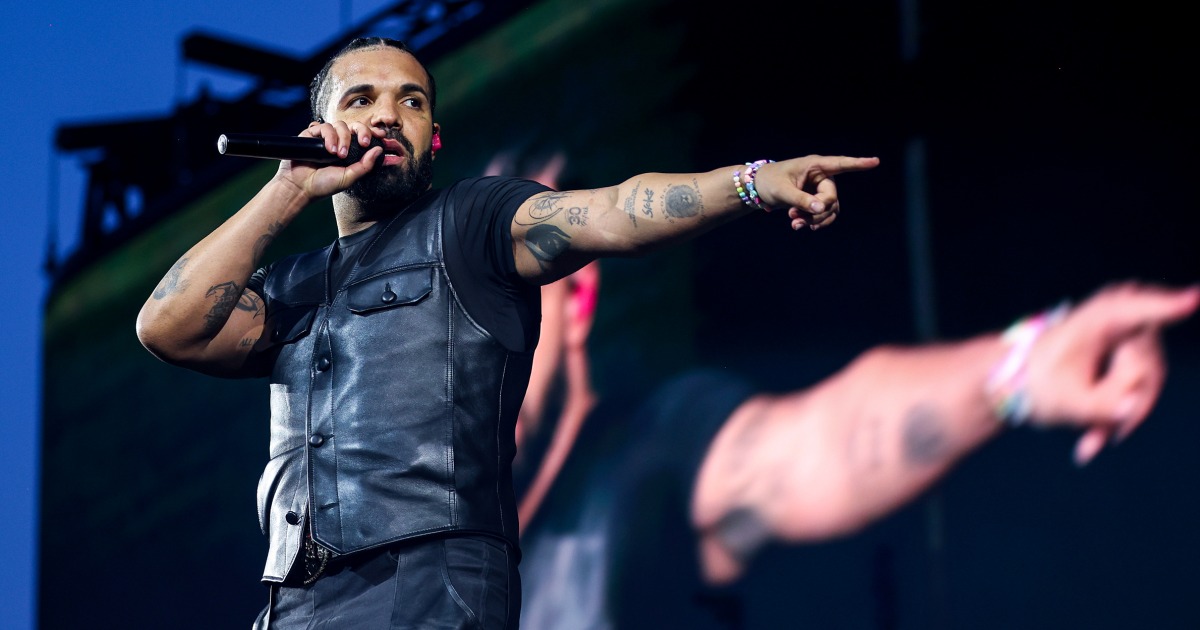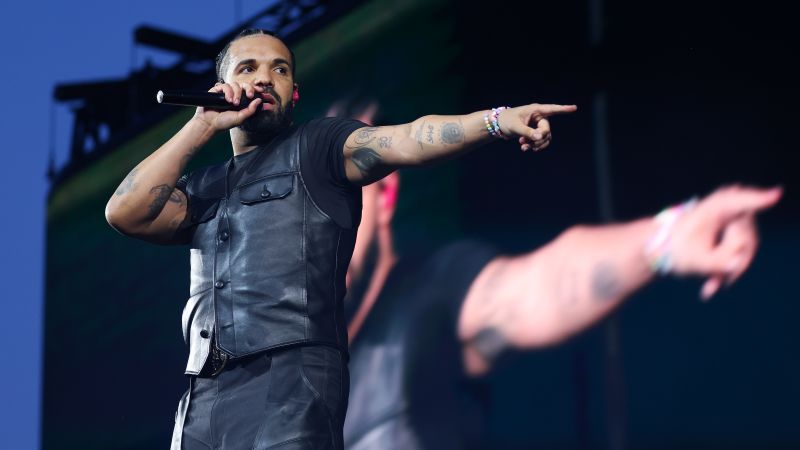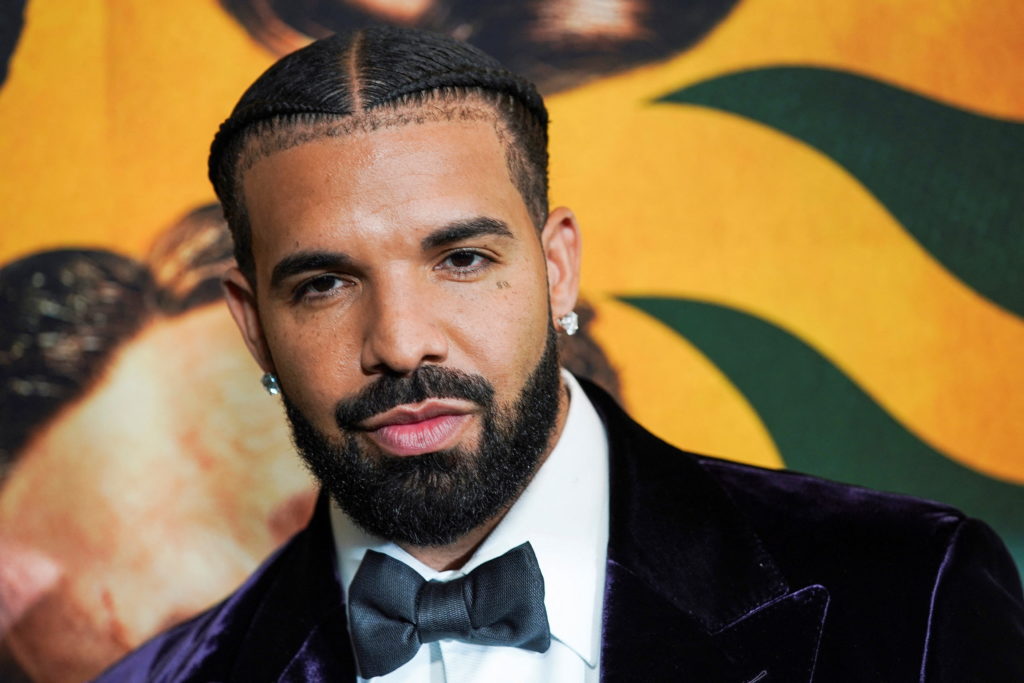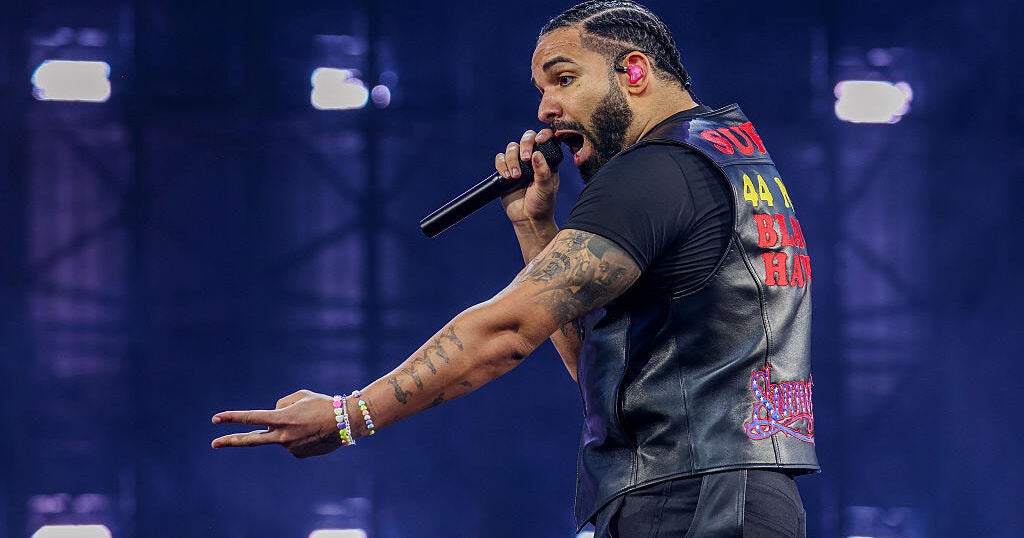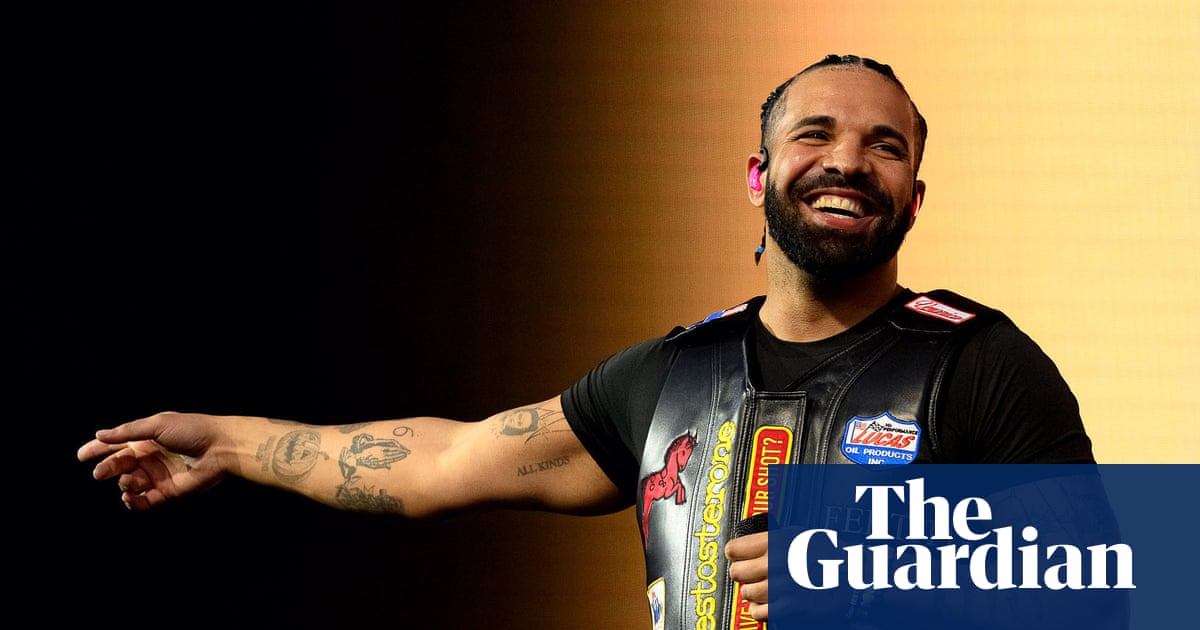Federal Judge Dismisses Drake's Defamation Lawsuit Against Universal Music Group Over Kendrick Lamar's 'Not Like Us'
A federal judge dismissed Drake's defamation lawsuit against Universal Music Group, ruling Kendrick Lamar's 'Not Like Us' lyrics about Drake were opinion, not factual defamation.
Overview
- Drake initiated a defamation lawsuit against Universal Music Group (UMG) and Spotify, alleging damage to his reputation from Kendrick Lamar's 'Not Like Us' track.
- The lawsuit specifically targeted lyrics in Lamar's song that branded Drake as a pedophile, claiming UMG promoted the track despite these serious accusations.
- A federal judge in Manhattan dismissed the lawsuit, ruling that the controversial lyrics were considered opinion and did not meet the legal threshold for defamation.
- Judges compared diss tracks to informal forums, not journalistic reporting, rejecting Drake's claims of defamation and harassment due to insufficient factual basis.
- Universal Music Group denounced the lawsuit as an attack on artistic expression, claiming Drake used legal means to stifle creative freedom after a rap battle.
Report issue

Read both sides in 5 minutes each day
Analysis
Center-leaning sources would cover this story neutrally by focusing on the judge's legal findings and reasoning. They would present the court's dismissal of Drake's defamation, harassment, and deceptive practices claims without adding editorial spin. The coverage would emphasize the legal basis for the decision, such as the nature of diss tracks as opinion and the lack of a private right of action for harassment.
Articles (12)
Center (5)
FAQ
Drake accused Universal Music Group of promoting Kendrick Lamar's diss track 'Not Like Us', which included false pedophilia allegations against him. He claimed UMG approved, published, and launched a campaign to create a viral hit from the track despite knowing the lyrics were defamatory.
Kendrick Lamar’s 'Not Like Us' was a commercial and cultural success, dominating the Billboard Global 200 chart and winning multiple Grammy Awards, including Song and Record of the Year in 2025.
The judge dismissed the lawsuit by ruling that Kendrick Lamar's lyrics were considered 'nonactionable opinion and rhetorical hyperbole', not meeting the legal threshold for defamation. The judge viewed diss tracks as informal forums rather than journalistic reporting, highlighting the absence of factual basis for the claims.
Universal Music Group responded by filing a motion to dismiss the lawsuit, arguing that Drake's claims lacked merit and were an attempt to 'salve his wounds' after losing a rap battle. UMG highlighted the historical and cultural context of diss tracks as involving hyperbole and opinion.
Drake's lawsuit against Universal Music Group has been dismissed. However, he had previously dropped his claims against iHeartMedia following a settlement after they provided documents proving they did nothing wrong. Drake may still pursue appeals or other legal actions in the future.
History
- This story does not have any previous versions.
